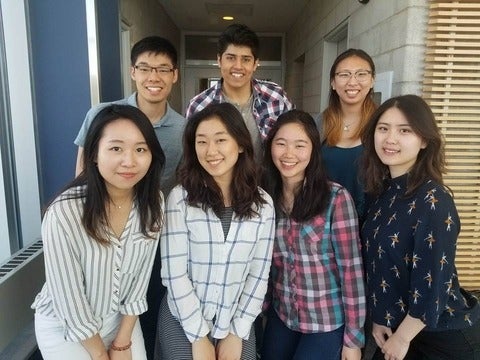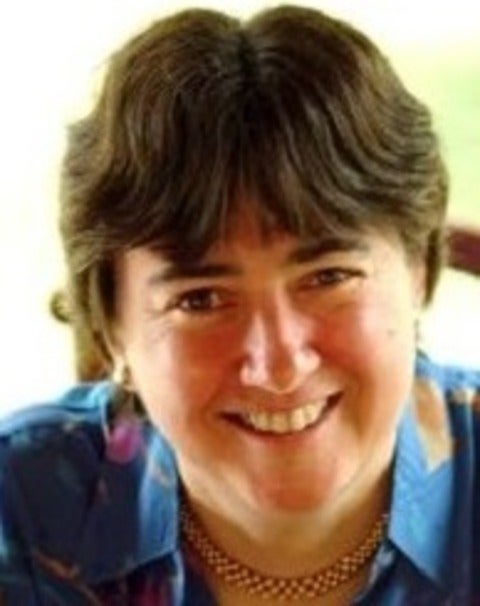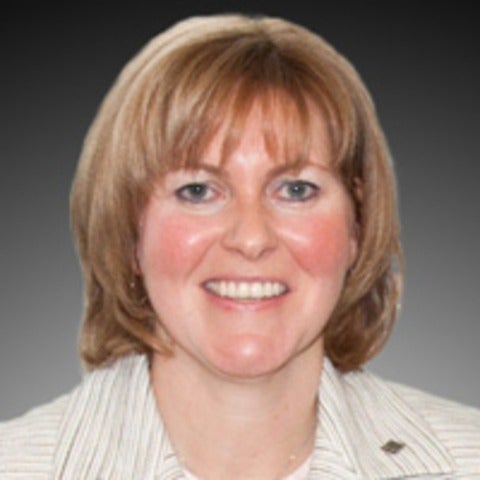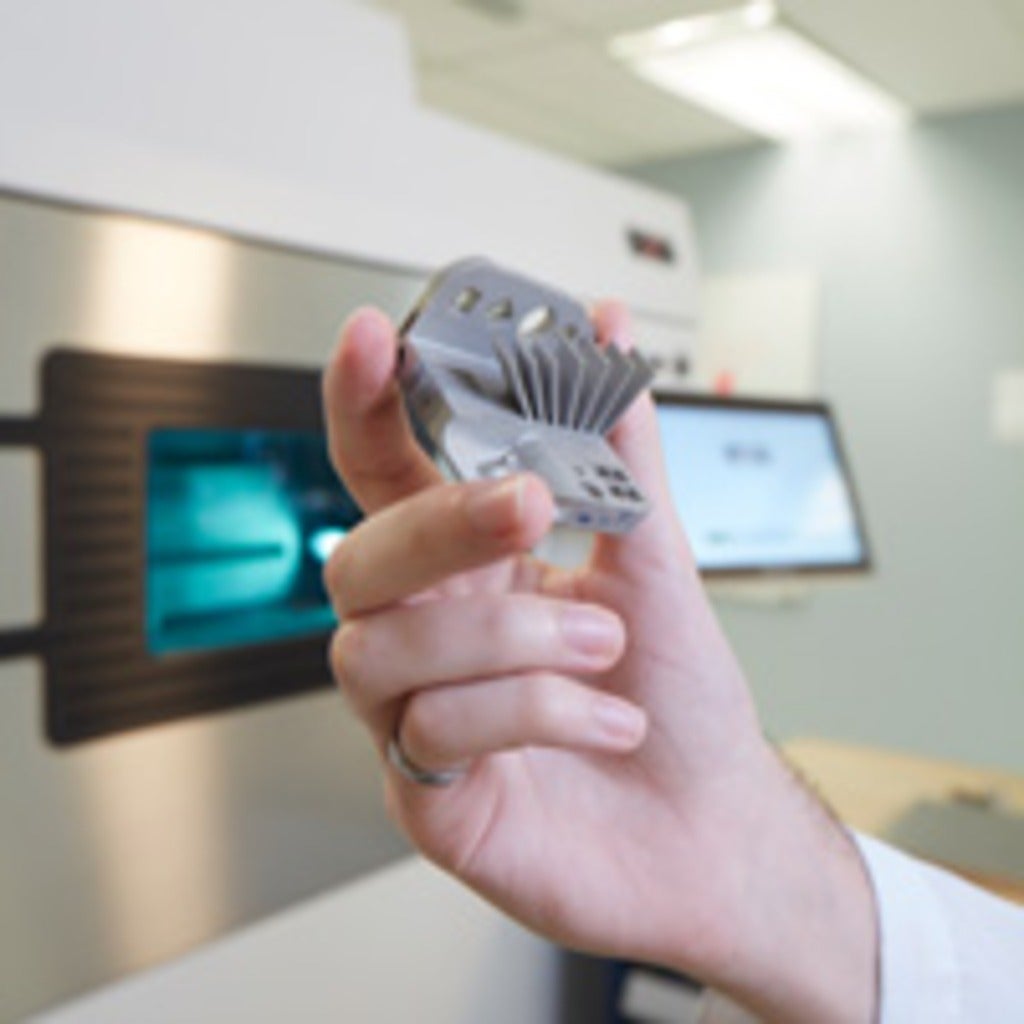Students set sights on next overseas aid project
A group of six Waterloo Engineering students is building on a successful aid project in Bangladesh by launching a not-for-profit organization to make even more of a difference in the developing world.
Engineers For Hope began two years ago as a student design team made up of civil engineering classmates Adnan Abu Atiya, Tariq Hasan, Rumman Rahman, Shihab Saadeldeen, Nirbhay Singh and Youssef Zaki.





